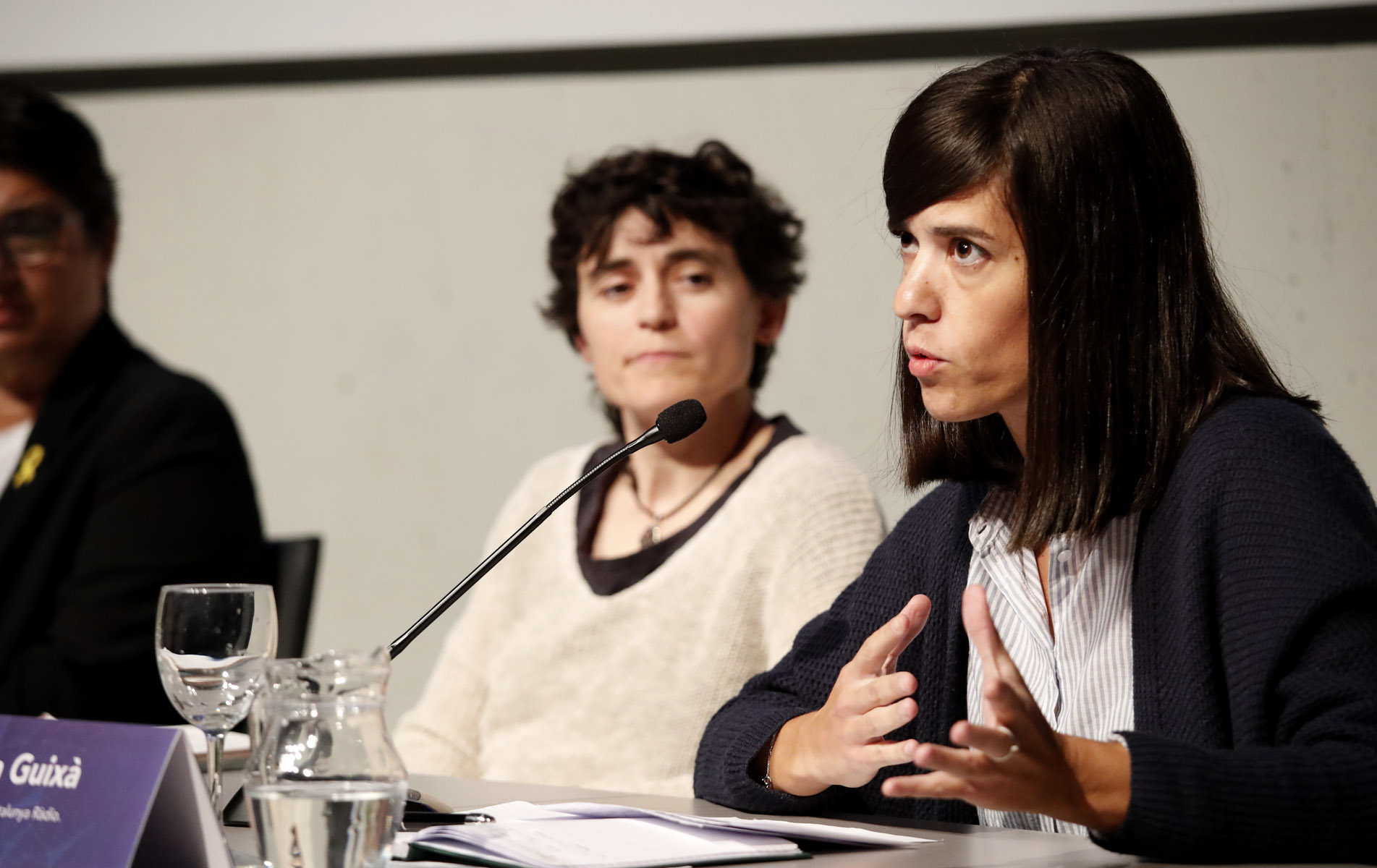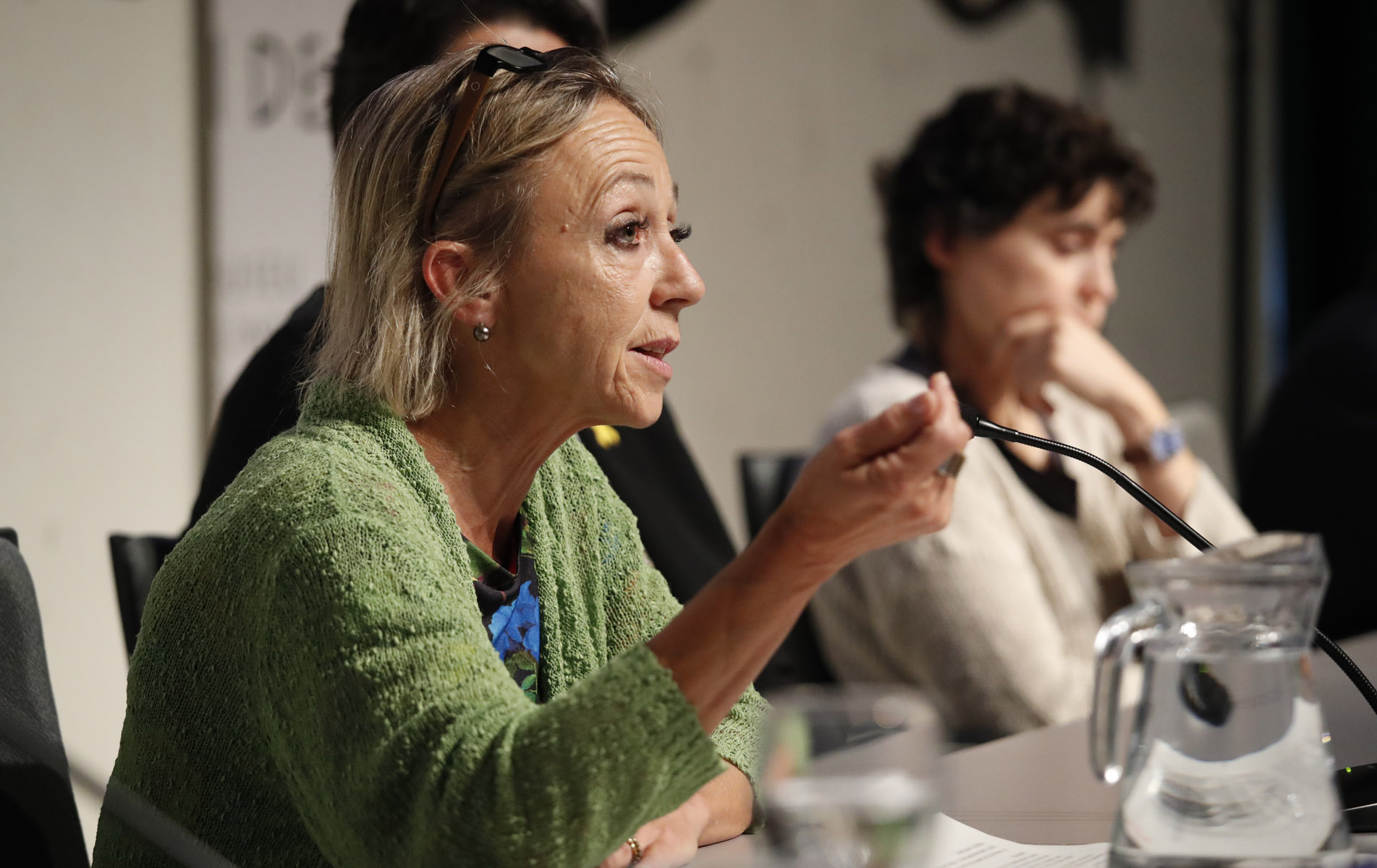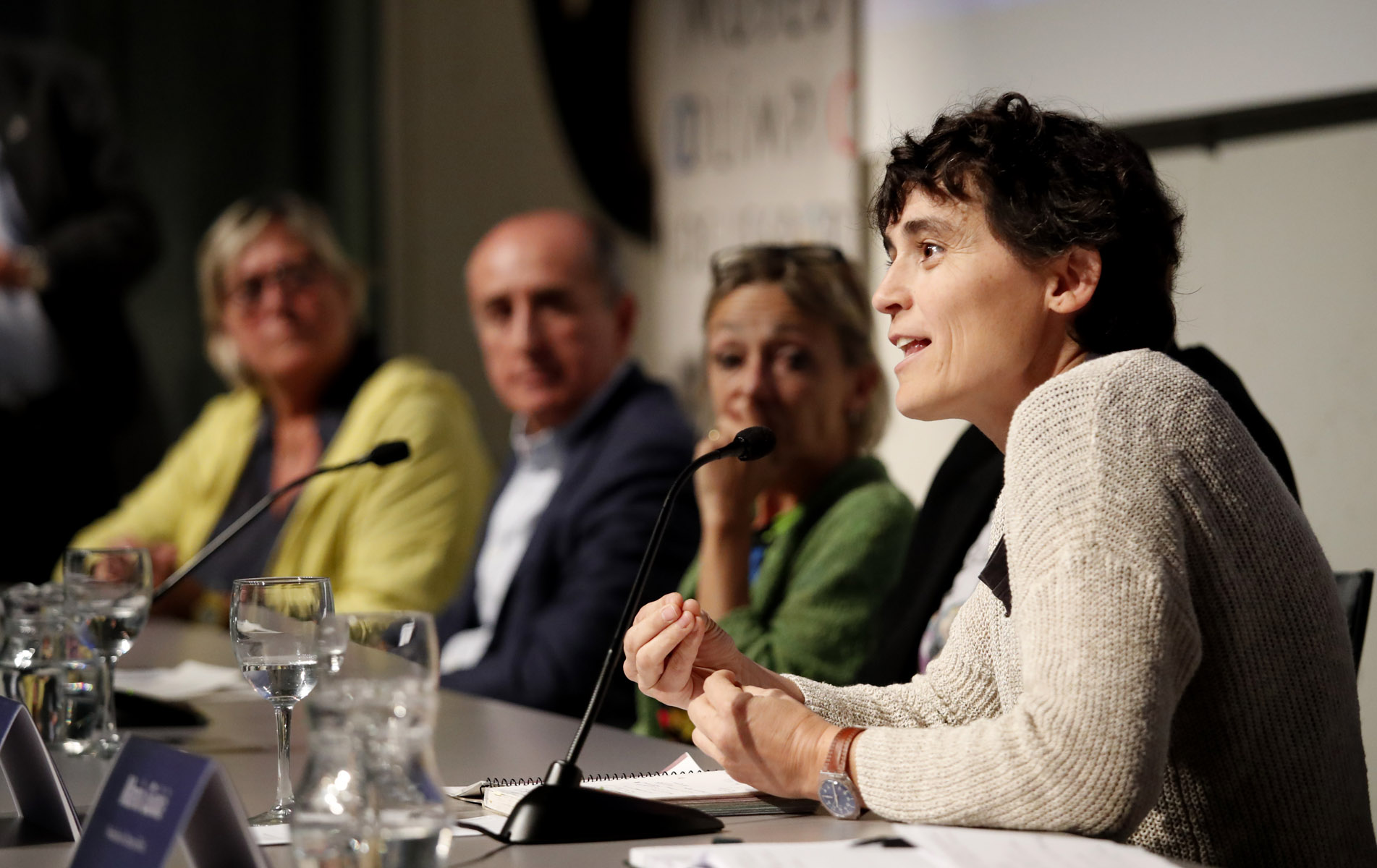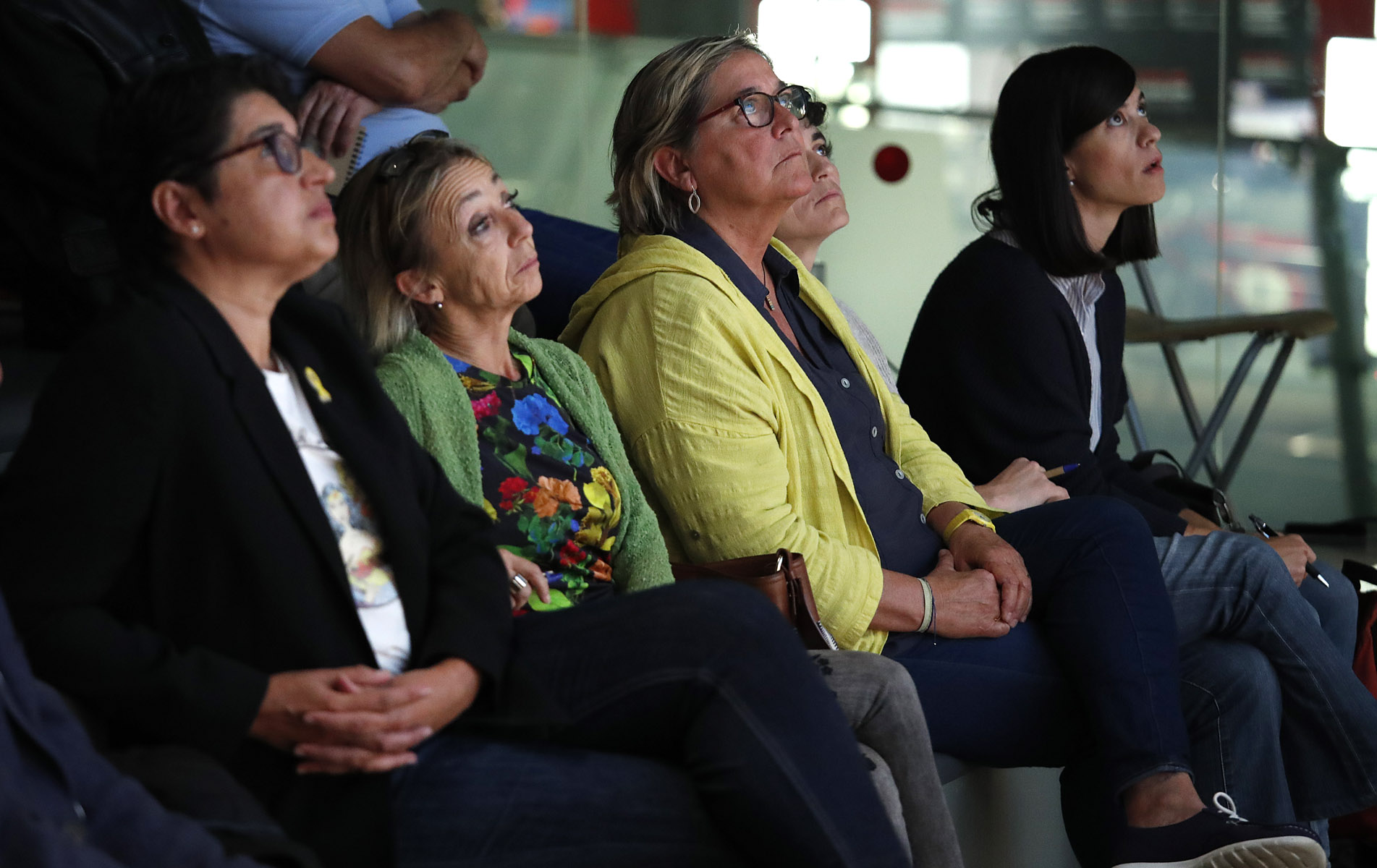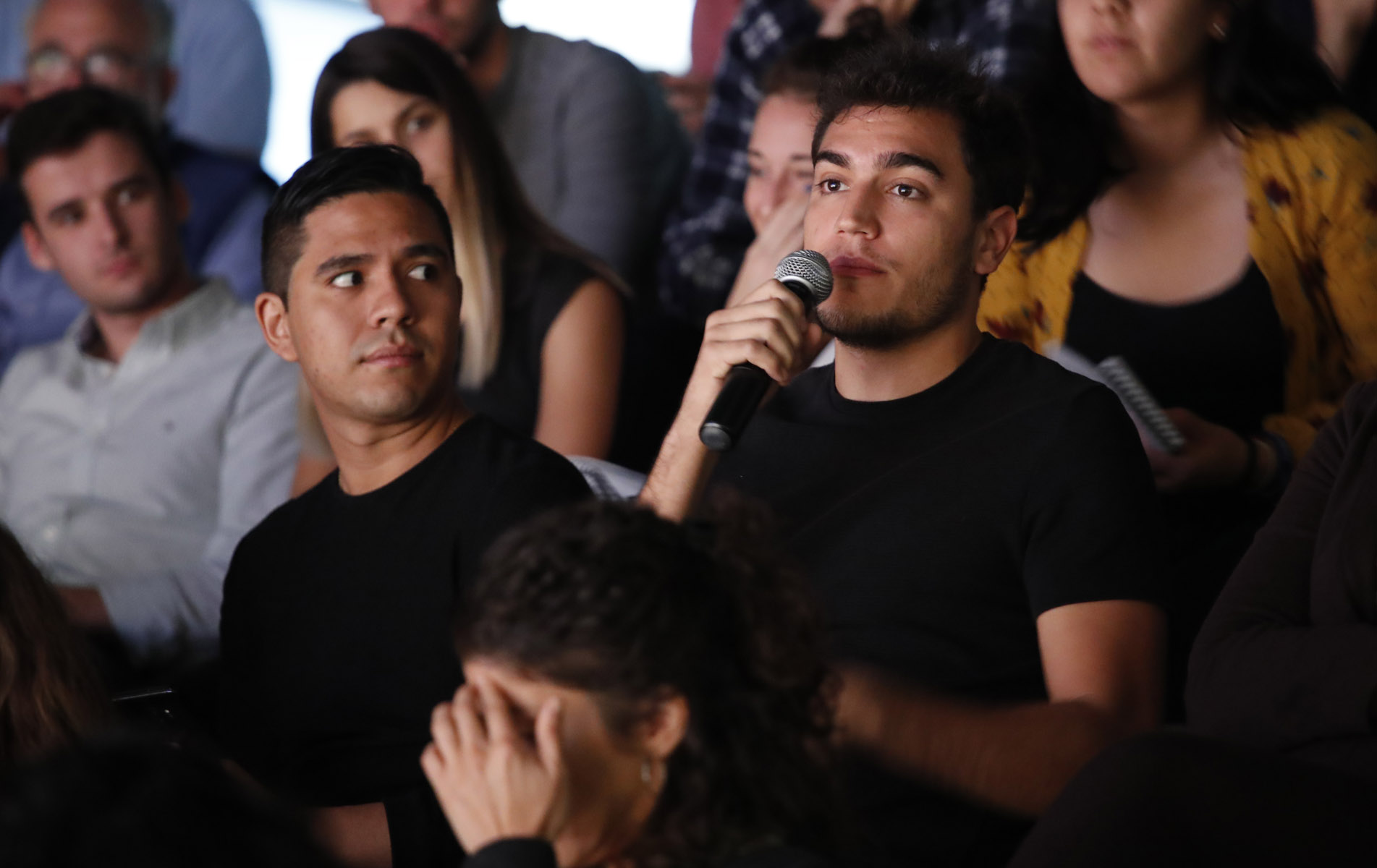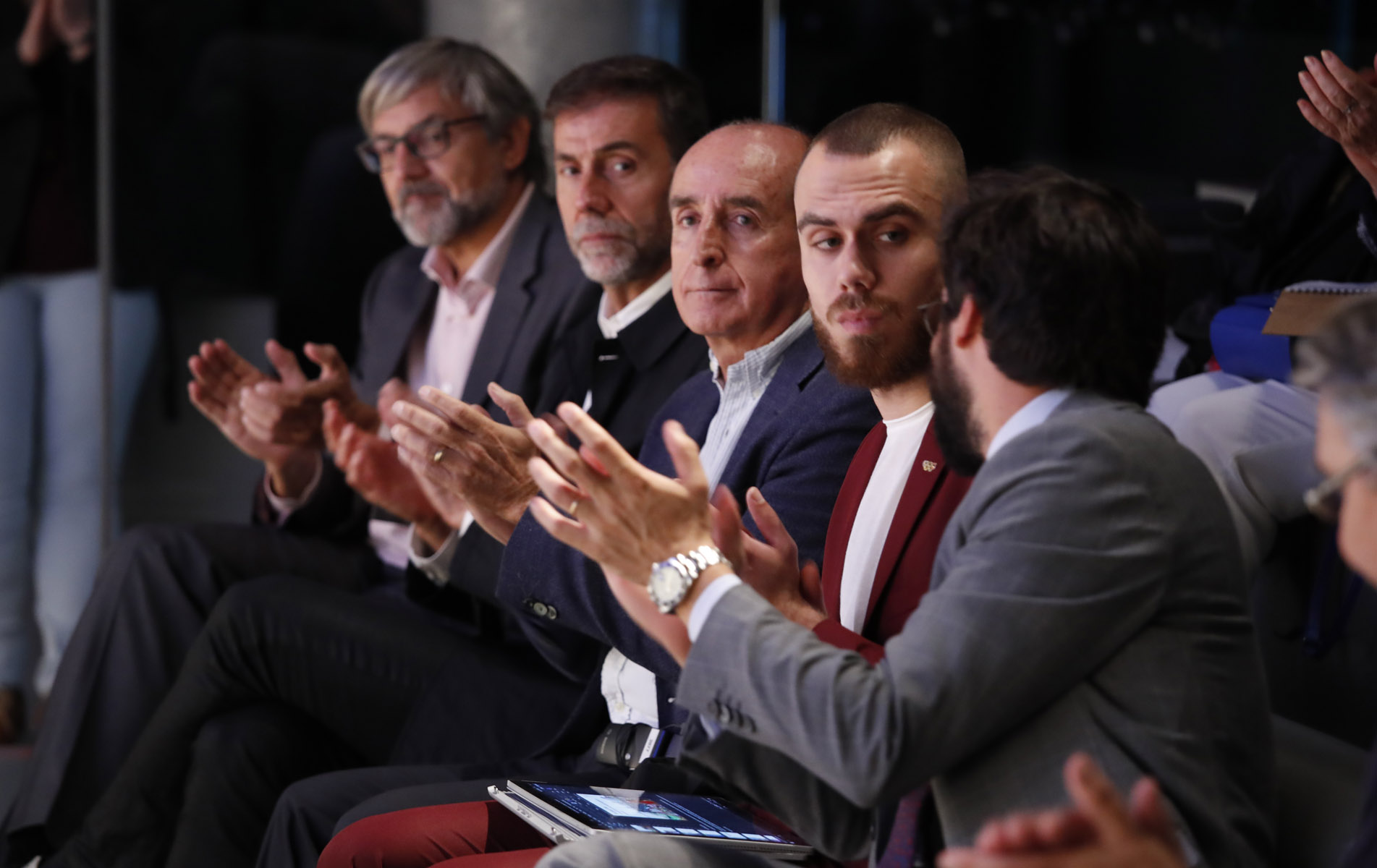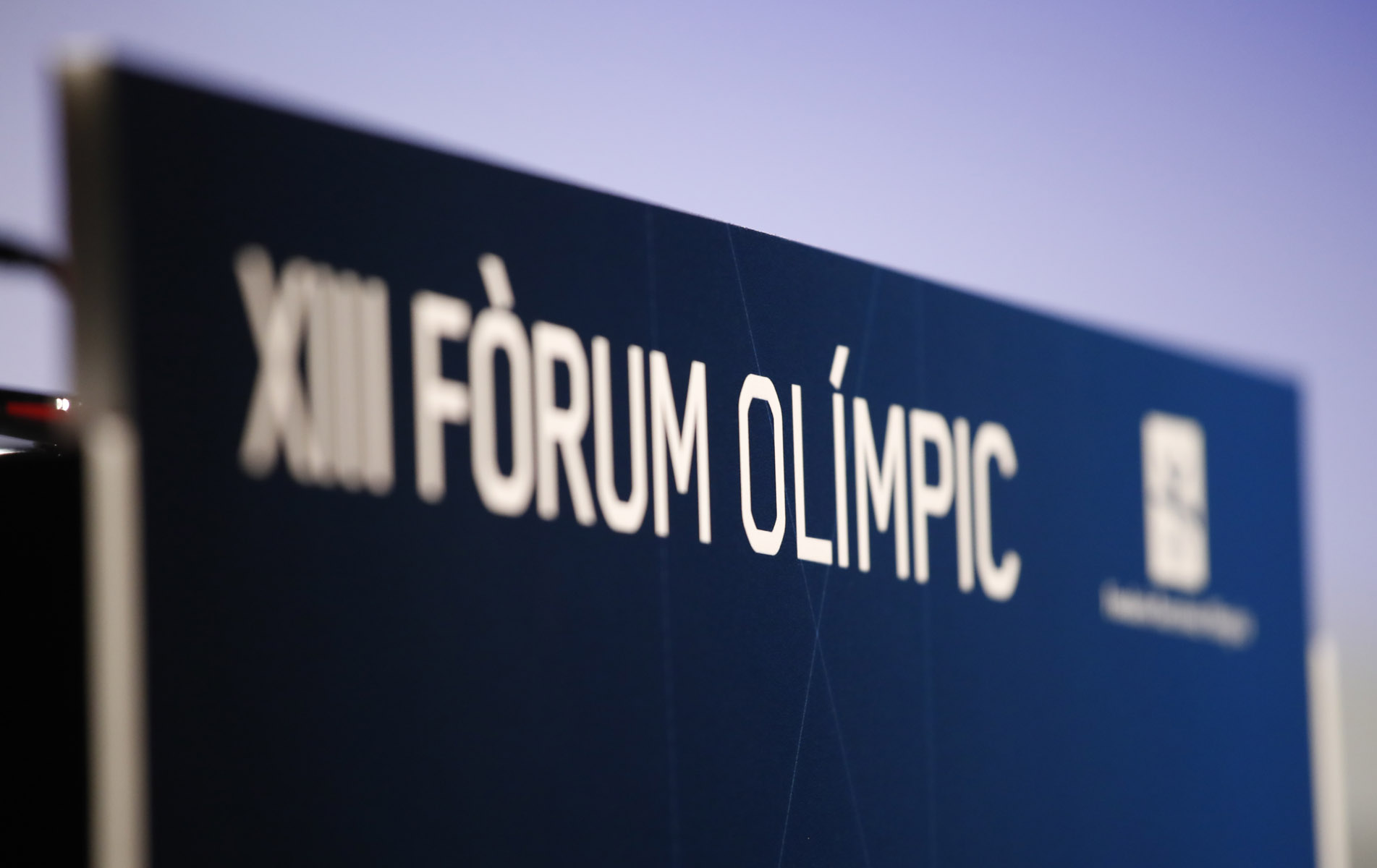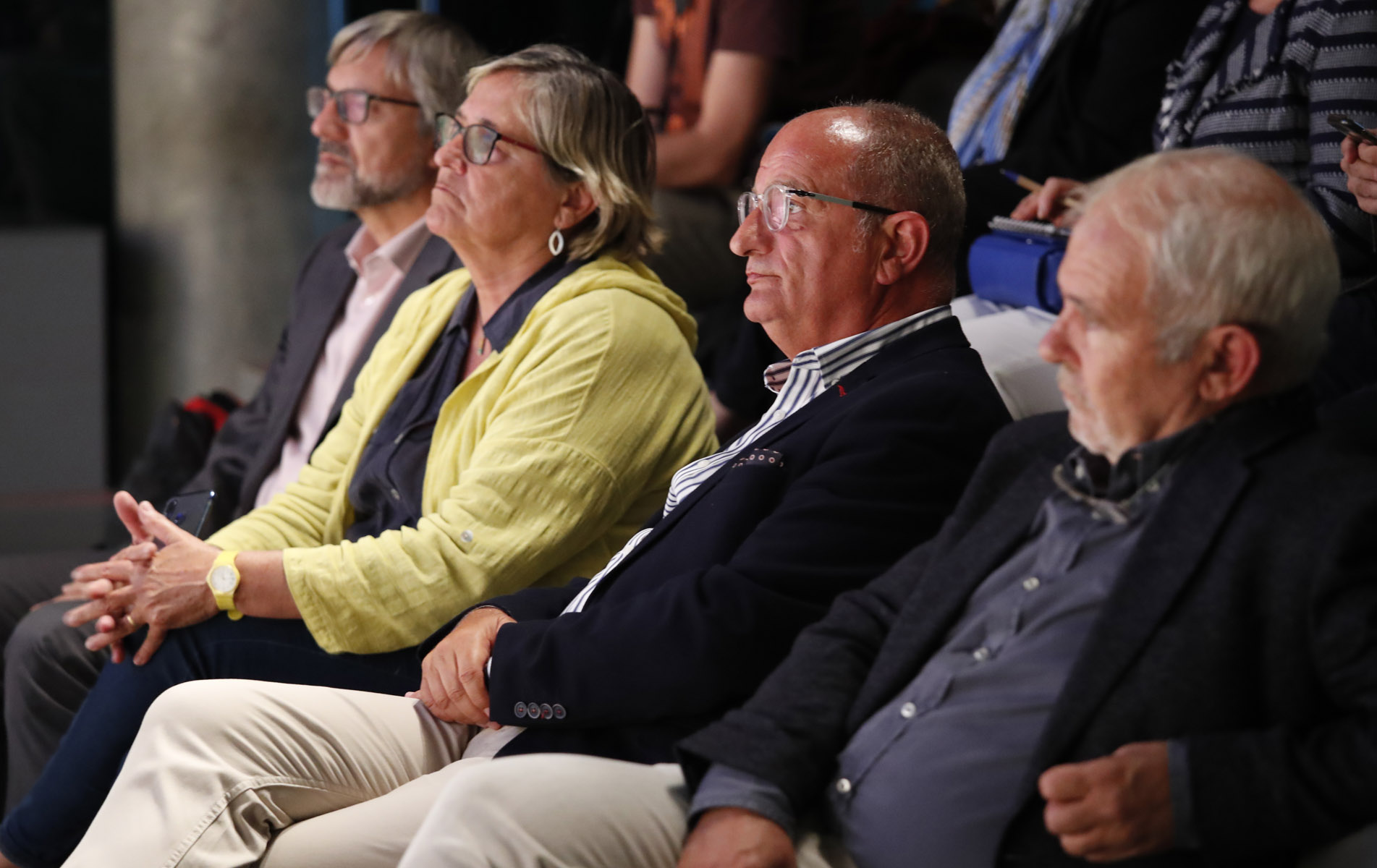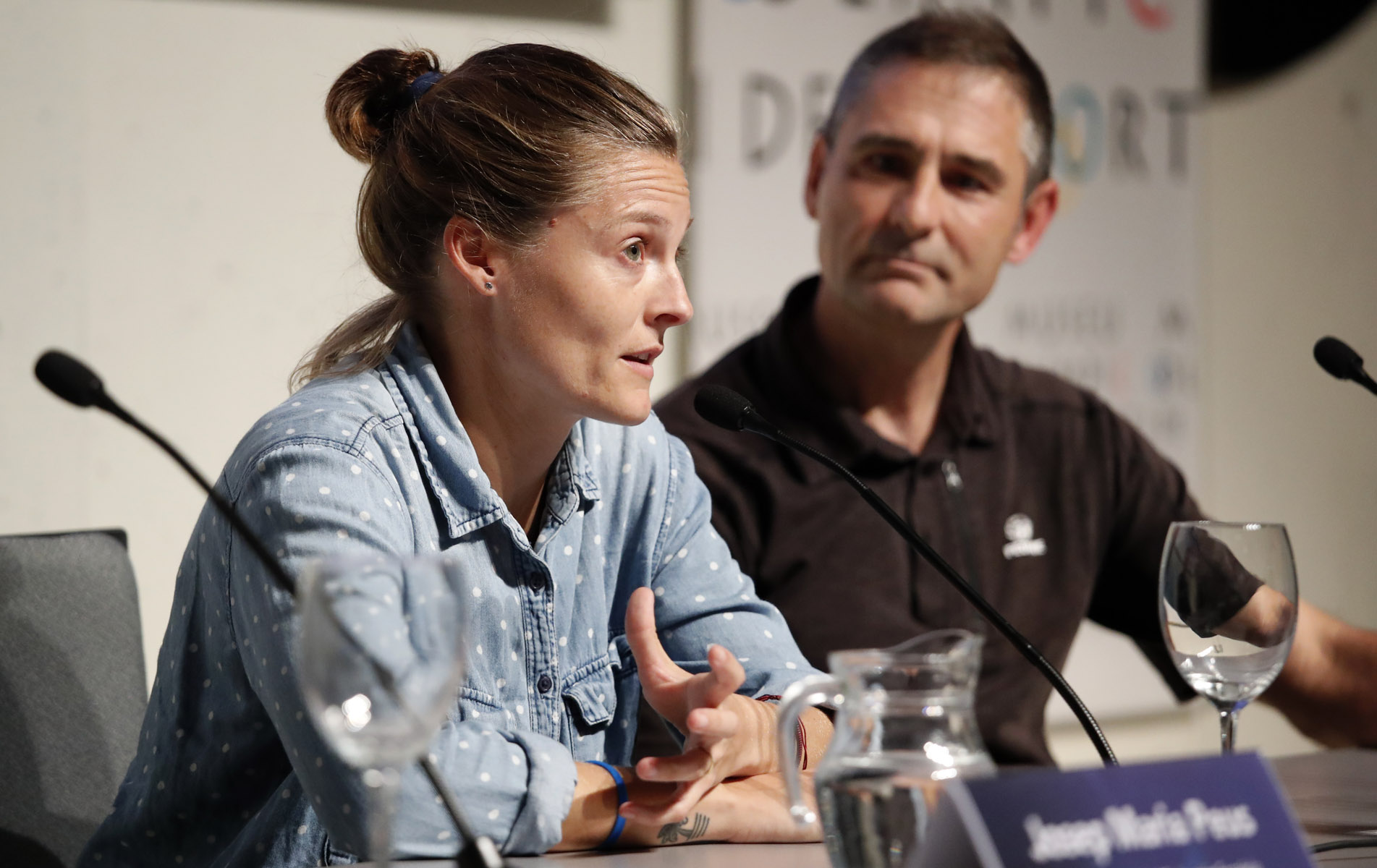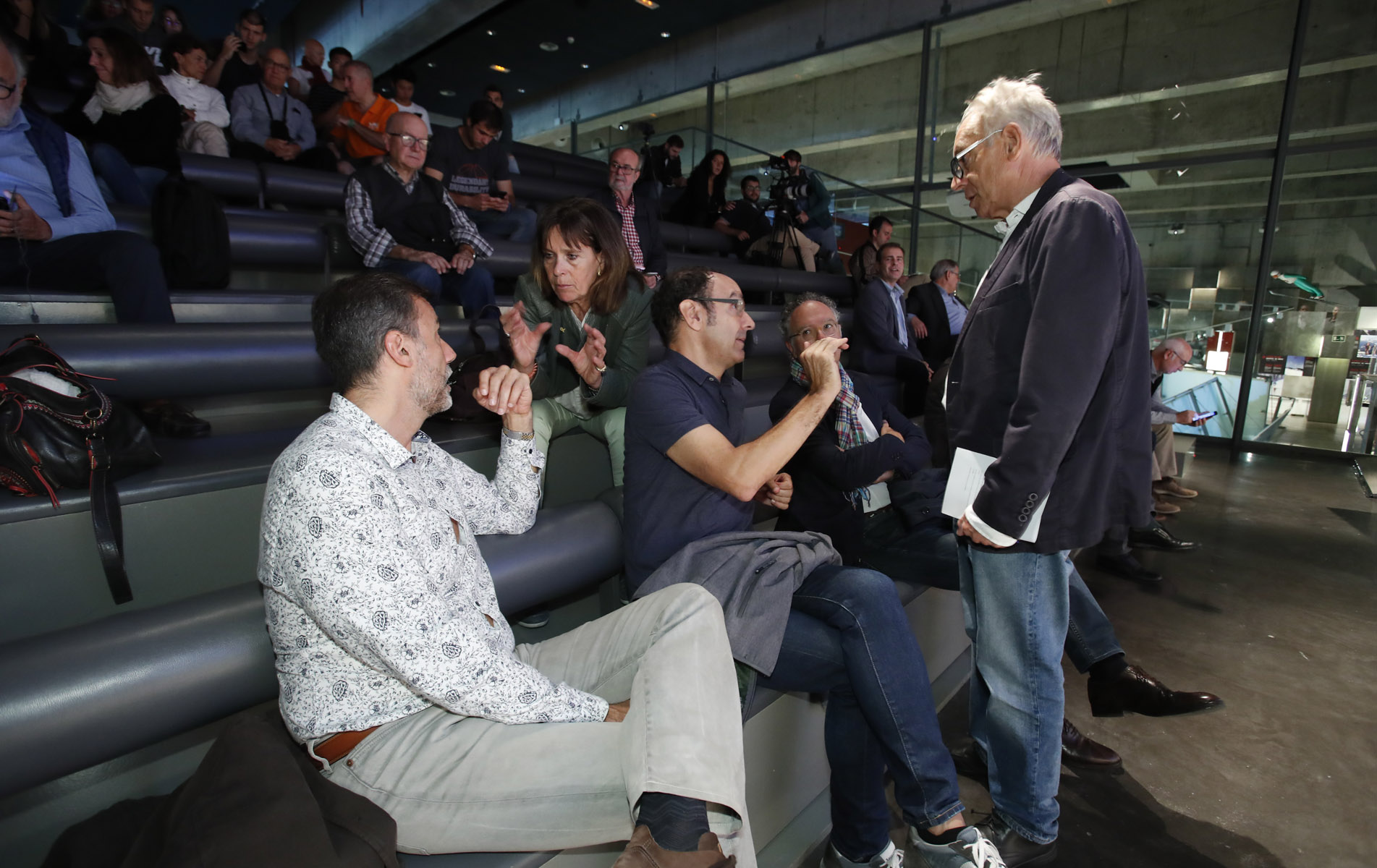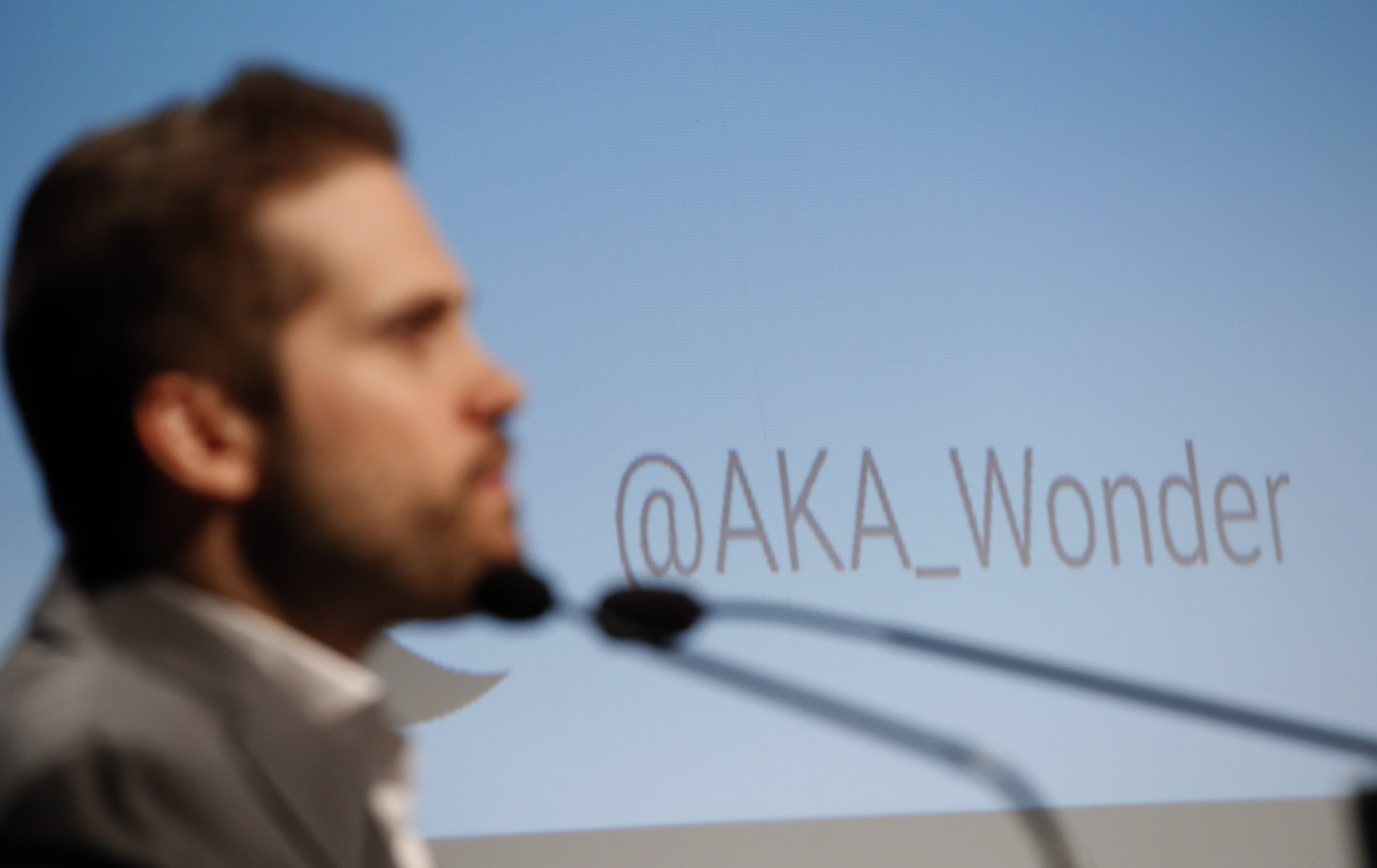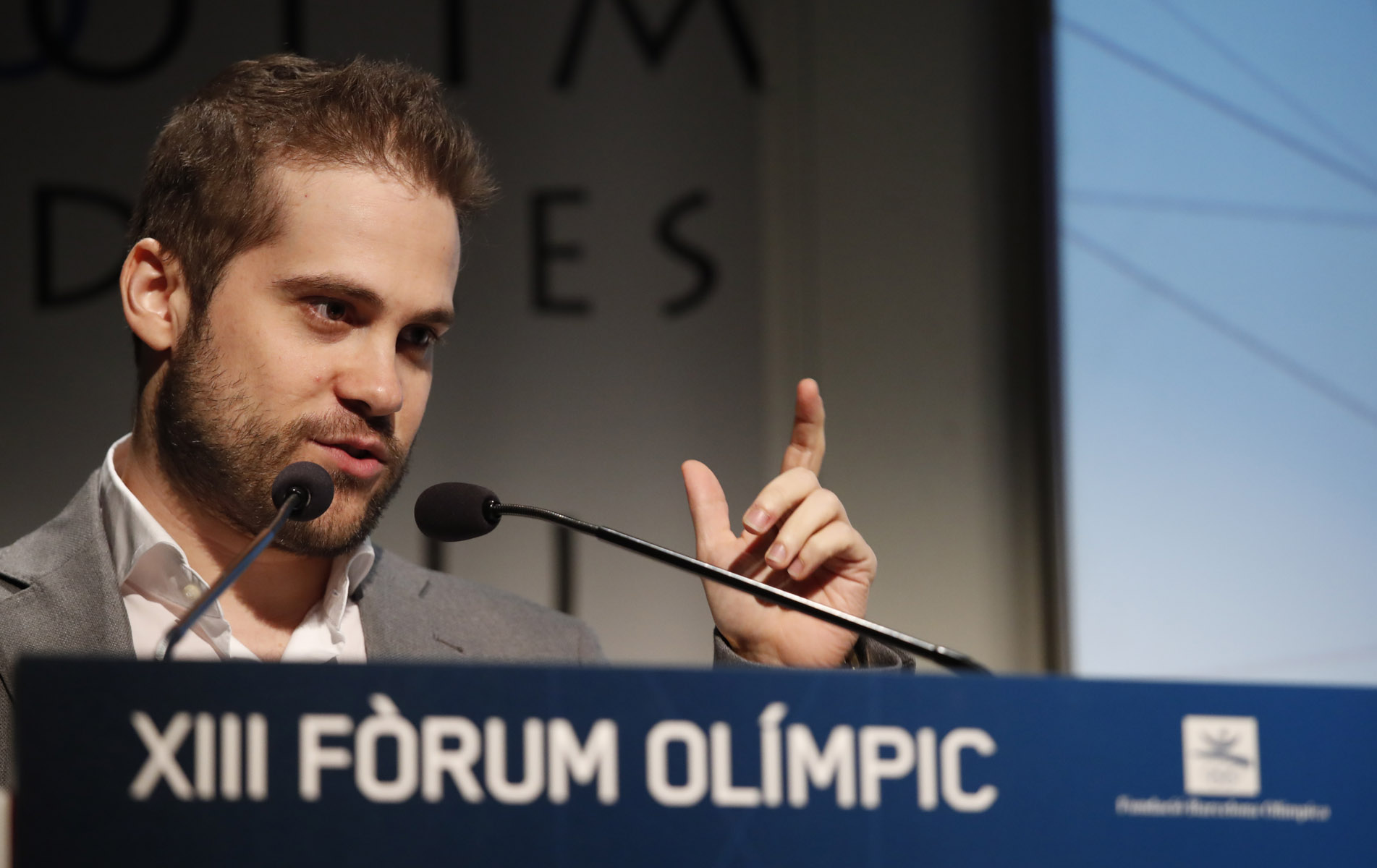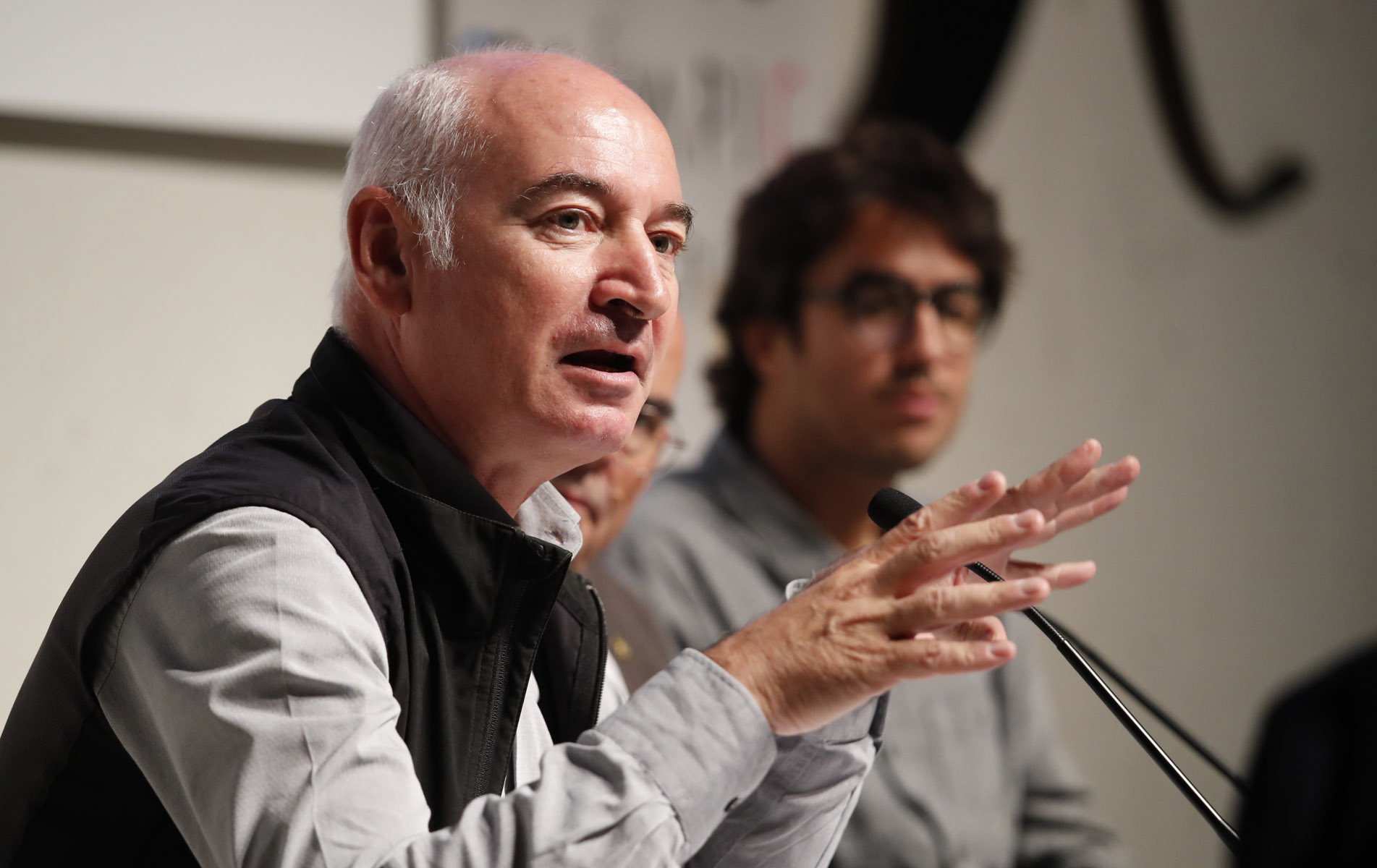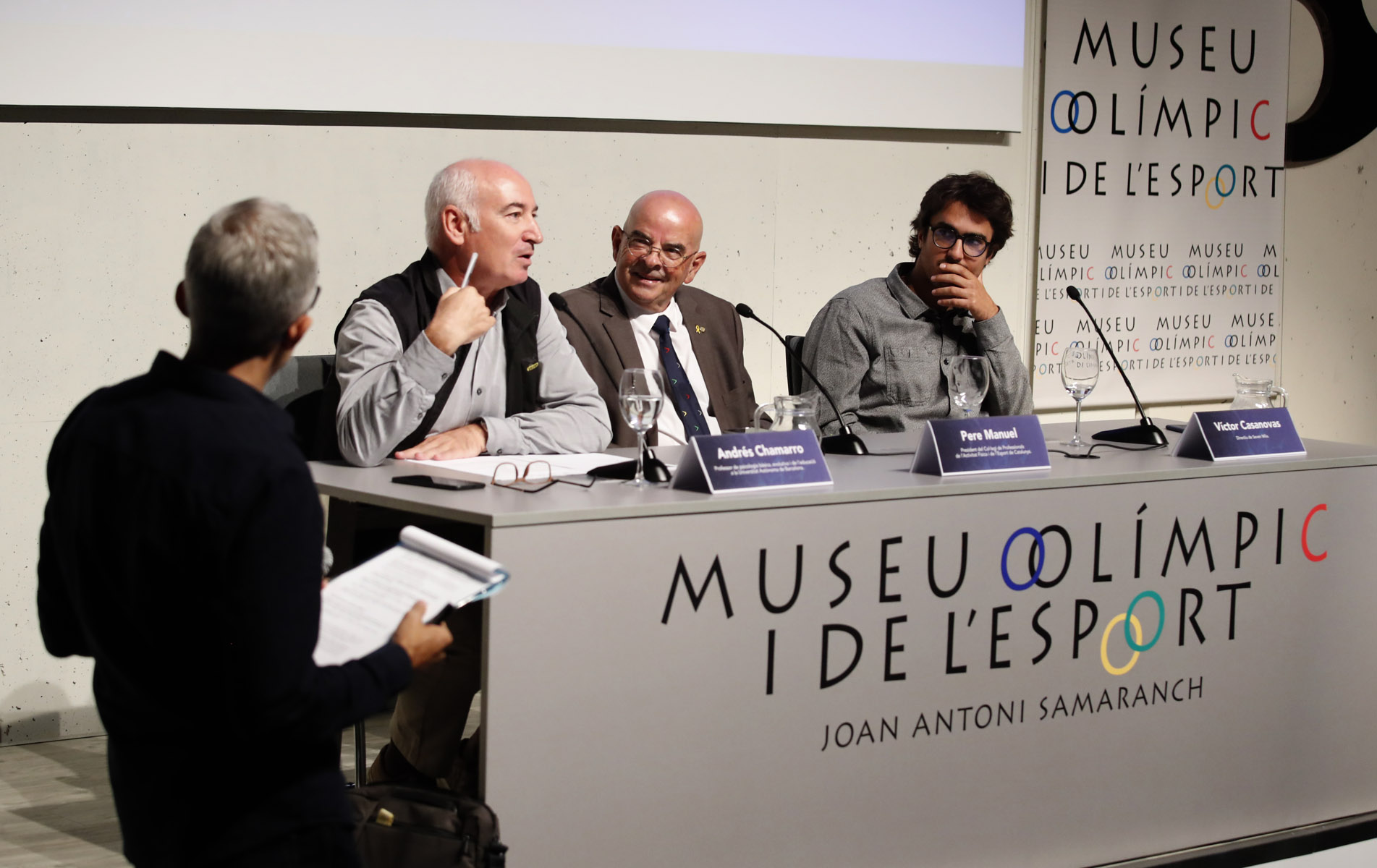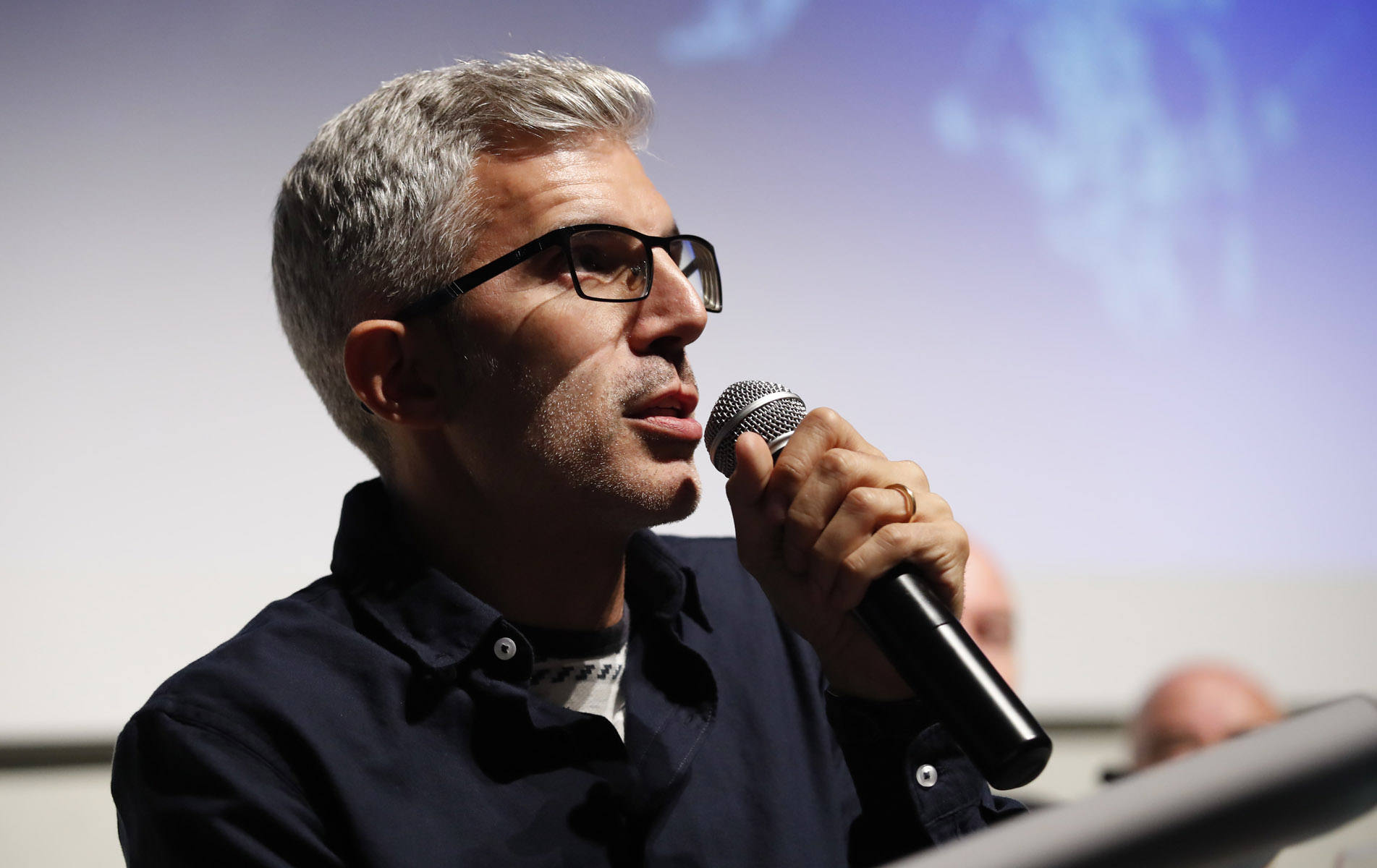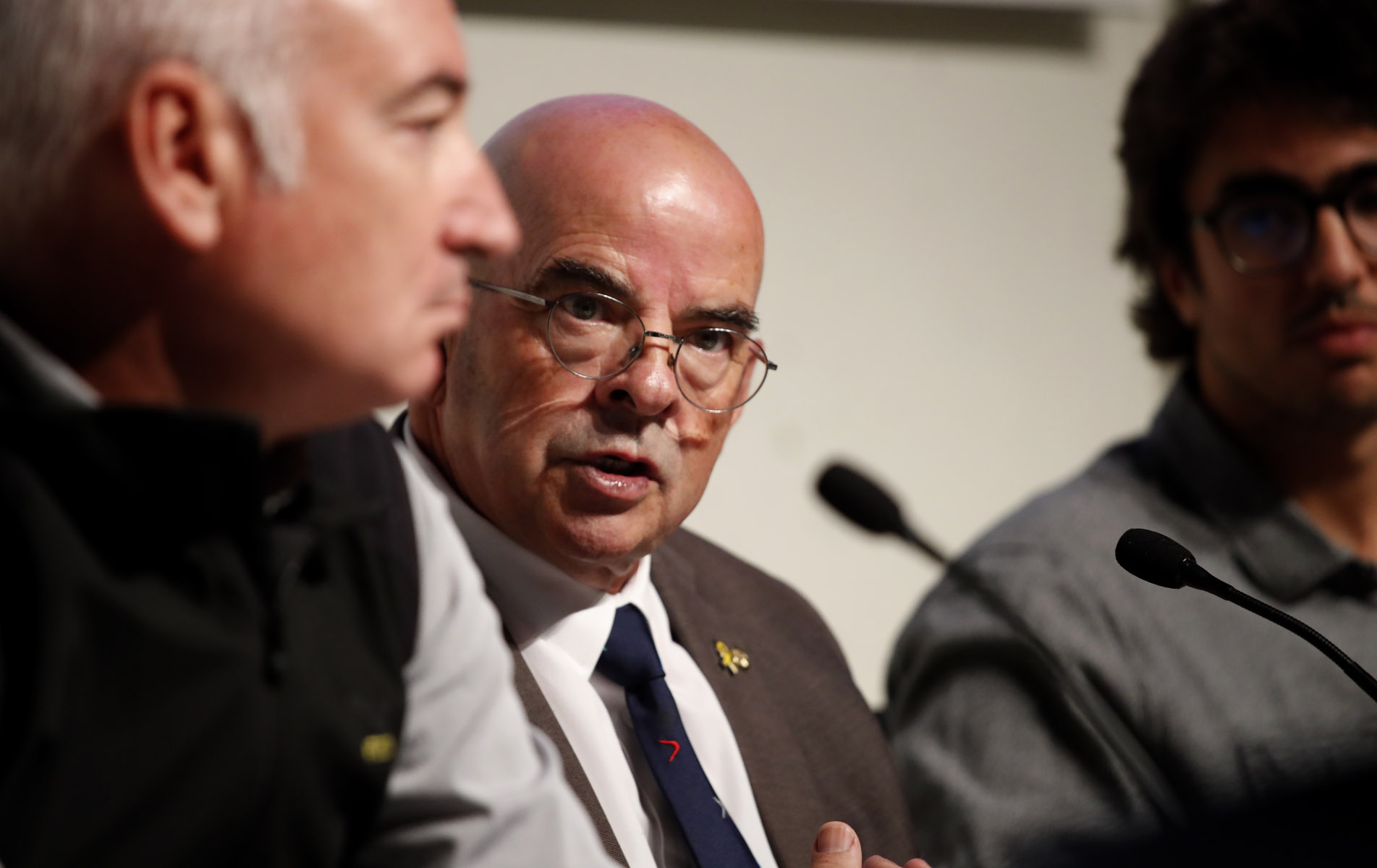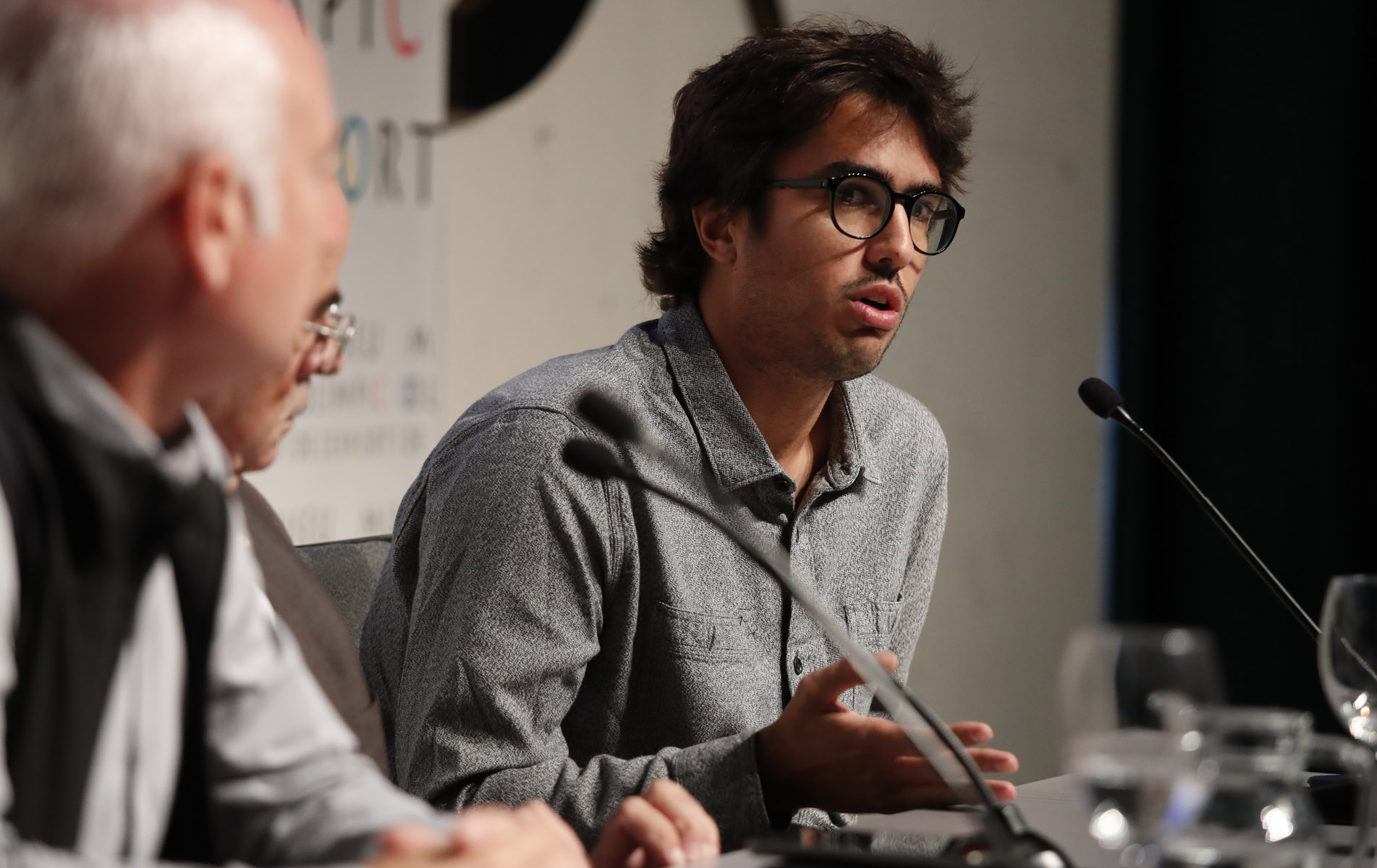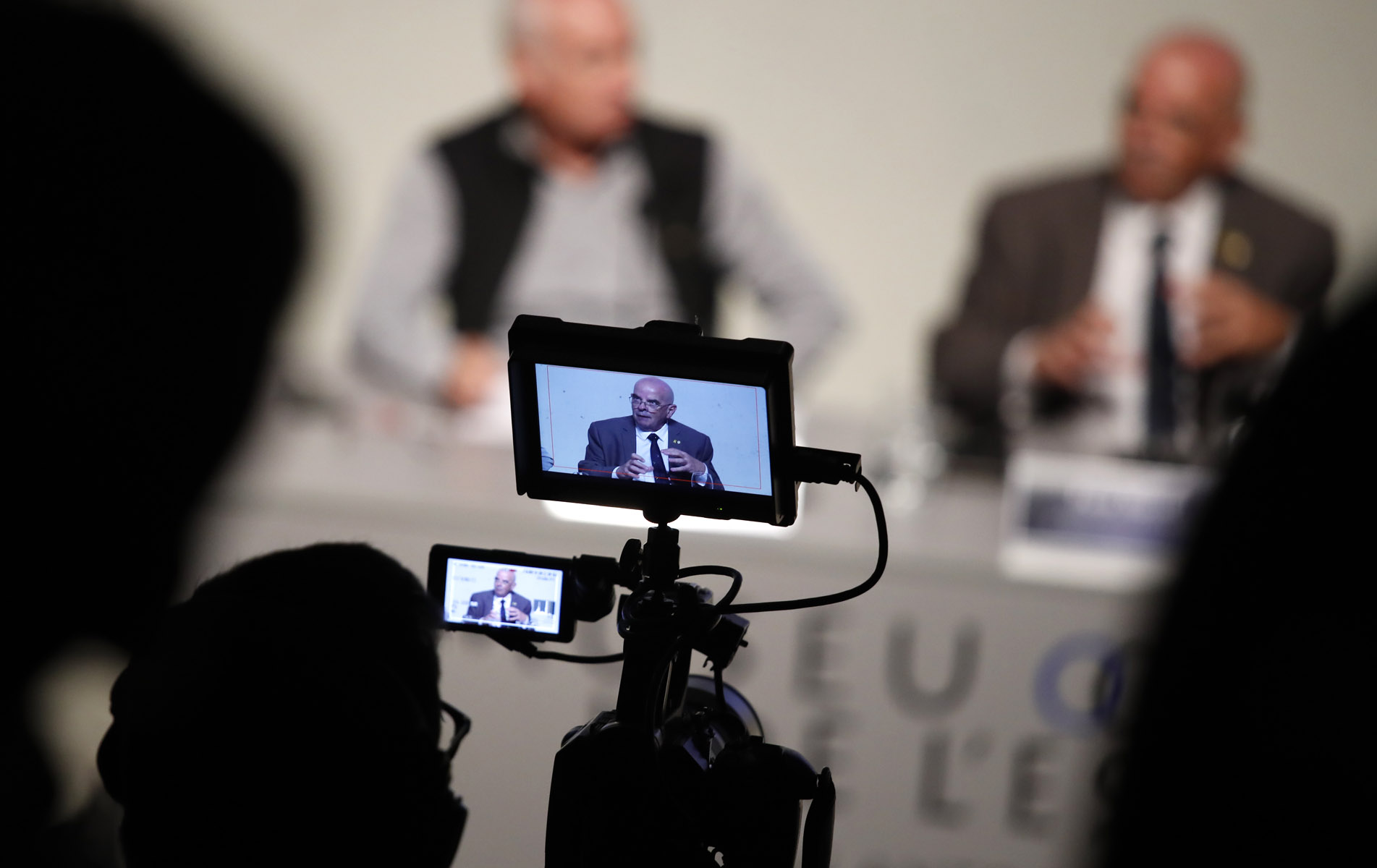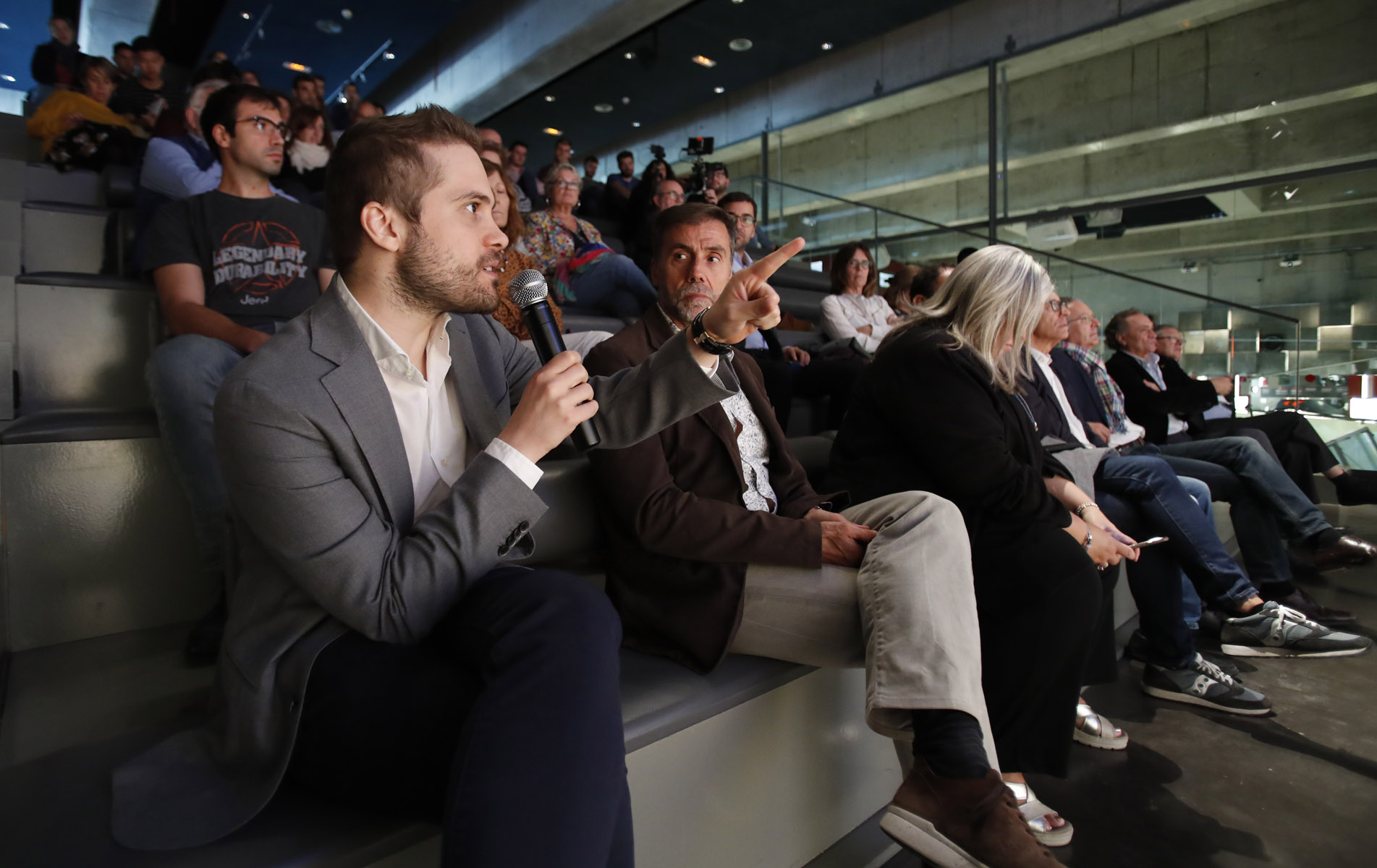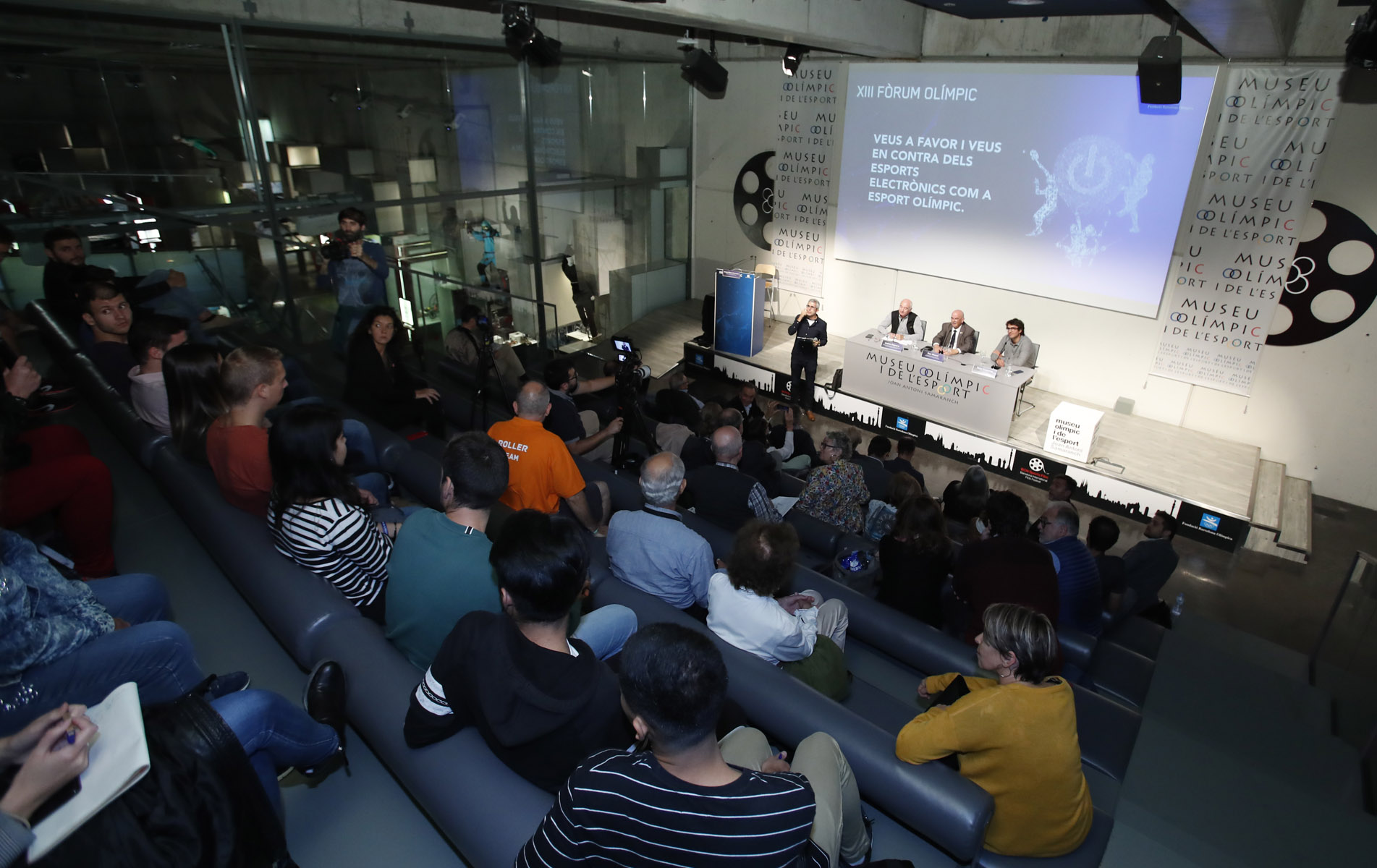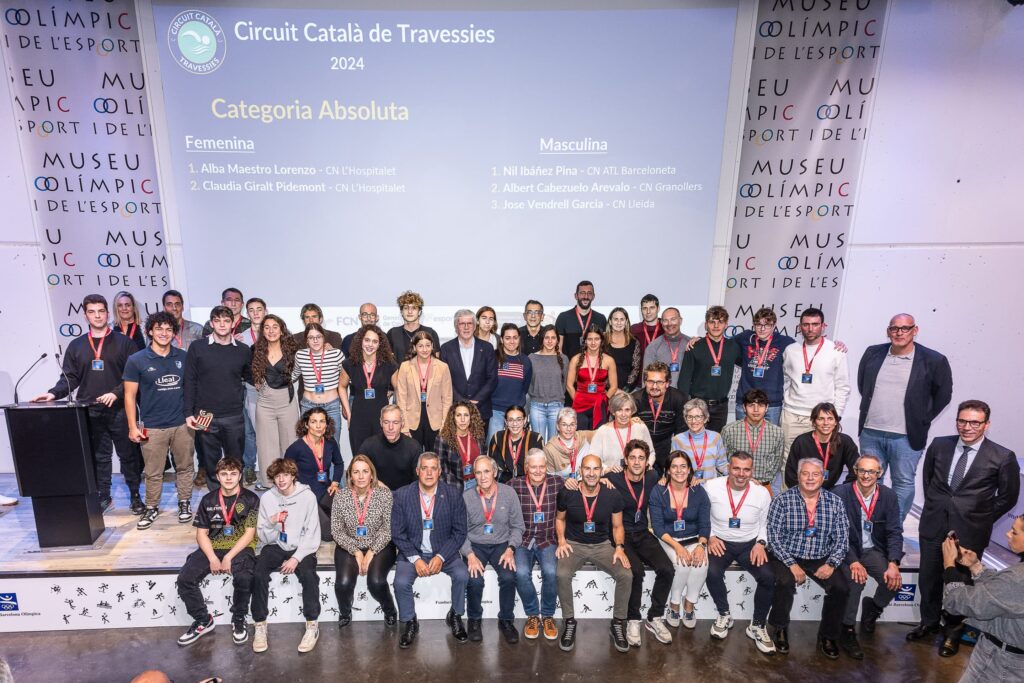Newsletter 15th October: 1st session
Newsletter 15 October: 2nd session
CONCLUSIONS:
The Agenda 2020 is doubtlessly the roadmap of the Olympic Movement for the coming decades. The social transformation has motivated the IOC to plan the future of the Games with a view to meeting the demands of this new generation, with a clear flexibilization of the Olympic programme, adjusting it to the cultural and social preferences of the organising country.
The inclusion of street basketball 3×3, surfing, skateboarding, climbing and break dance in a near future is an example of this.
Gender Equality
At the Olympic Games in Paris 2024, gender equality is expected to be absolute, with men and women competing in the same number and quantity of competitions.
Although important, quotas are not the final solution. Equality must be in place to provide the same options to people regardless of their gender.
However, despite the fact that gender equality in sports practice is almost a fact, the great challenge for the immediate future of sports is to strengthen the presence of women in management and leadership positions, as well as solving the lack of female coaches and trainers.
Mixed-sex competitions do not necessarily mean equal terms. It is therefore necessary that quality prevails over quantity in this type of competitions.
It is also necessary to substantially change educational criteria for young people by promoting the practice of sport as a way of life but without the prevailing idea of becoming champions. We must focus on equality from the beginning, without imposing any kind of social barrier to sports development and regardless of the gender.
As far as emerging sports are concerned, the issue of gender equality does not even arise, because it is inherent to their own logic.
The journalistic criterion would have to show that sport does not have gender, that it is practiced by both men and women, and that male and female sports do not exist.
That is why this criterion must also be adjusted to the language, which is packed with masculinised nouns and adjectives.
Emerging sports
Emerging sports are the result of the evolution of society and their common feature is a new approach to sports practice that is more recreational and entertaining rather than competitive. This new way of practicing sport as a kind of physical activity in which having a good time is more important than competing has encouraged different sports federations to combine federative rigour with flexibility to meet the demands of this new way of understanding sports practice in more participative ways. As a result, the goal is to find the way forward to allow for a confluence of traditional and emerging sports. It is also worth mentioning that emerging sports generate a powerful market in the sports industry.
Many emerging sports have developed in urban areas but lack suitable spaces and facilities that allow for a stable environment. To this end, regulations would be needed to consider this issue and provide them with any necessary adjustments.
Another area of debate has been the interpretation of the extent to which new sports could supersede traditional sports. There are different opinions in both ways.
It is a coincidence that the sports calendar is currently saturated with too many competitions and it is clear that a rethinking will be needed sooner rather than later to establish priorities.
The phenomenon of multisport competitions is here to stay. The World Roller Games have favoured the organisational model of a multisport event.
This Forum has confirmed the great social impact of e-Sports.
Although not considered a sport, there are many similarities between gamers and athletes, as they have to prepare intensely to achieve a demanding competitive level in structured competitions, both individually and in teams.
The main difference is structural. Sports operate under a pyramidal structure, the apex of which is the IOC, and emerging sports do so under the control of the publishers, who produce and manage the games. The main difference is the universality concept of Olympism vs. the commercial criteria of e-Sports.
That is why, even if they are not considered sports per se, the IOC and the main players in the e-Sports industry have opened up a channel for dialogue to disseminate Olympic values through them, to promote sports video-games —only 5% of the market—, to make e-Sports social through collective actions and to promote a balance between gamers’ lifestyle and physical activity.
In any case, they are different realities, yet there are certain aspects that in the mid-term could possibly lead to the presence of a particular game in the Olympic programme.
In short, all these indicators and the important influence of technology at all levels make it necessary to ask whether sport is facing an impending paradigm shift. We will have the answer soon —perhaps it will be the topic of debate in a forthcoming edition of the Olympic Forum.











